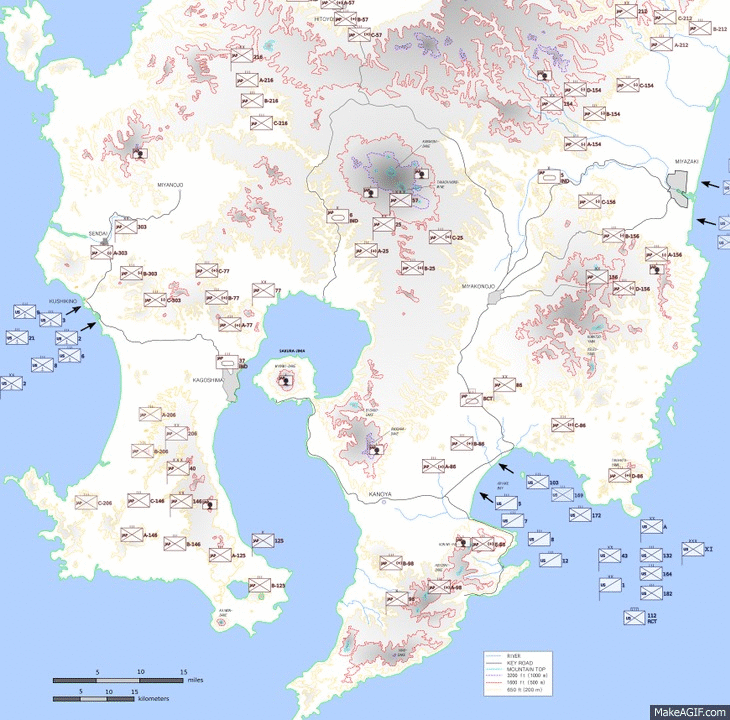Easter Sunday, 1945, was also April 1st. In addition it was chosen as the start of the American invasion of Okinawa, cheerily code-named “Love Day”. (D-Day by this time had become a brand name, forever associated with the French Atlantic coast.)
In today’s post we want to point the reader to an excellent online book. The work focuses on Marines, but gives a good deal of both context and detail, from logistics challenges to combined arms problems.
nps.gov – The Final Campaign: Marines in the Victory on Okinawa
The link starts at the second section of the book, where it is pointed out that the landing would put ashore six divisions, supported by an enormous fleet, while campaigns were still not finished in the Philippines or on Iwo Jima. This focus of power so far from the USA was a tremendous strain on the logistics chain in place, which at times would be a limiting factor in the American advance.
Such a heavy reliance on artillery support stressed the amphibious supply system. The Tenth Army’s demand for heavy ordnance grew to 3,000 tons of ammo per day; each round had to be delivered over the beach and distributed along the front. This factor reduced the availability of other supplies, including rations.
On land, facing clever and coordinated defensive infantry and artillery tactics, American forces were stymied to make fast progress (at acceptable casualty rates). With three divisions at a time, with replacement regiments rotating in, across a span of as little as four miles, advances were halting.
General Buckner favored a massive application of firepower on every obstacle before committing troops in the open. … Colonel Wilburt S. “Big Foot” Brown, a veteran artilleryman commanding the 11th Marines, and a legend in his own time, believed the Tenth Army relied too heavily on firepower. “We poured a tremendous amount of metal into those positions,” he said. “It seemed nothing could be living in that churning mass where the shells were falling and roaring, but when we next advanced the Japs would still be there and madder than ever.”
These oft-repeated quotes played an important part in gaming of Operation Olympic for X-Day:Japan. On Kyushu three times as many divisions would have to be supported over a front twenty times as long. Japanese reinforcements, from infantry to shovel-wielding workers, would continue to flow in. The monumental clash of forces would be ugly and slow. Medals would be awarded by the crate – if the crates could ever be delivered.

